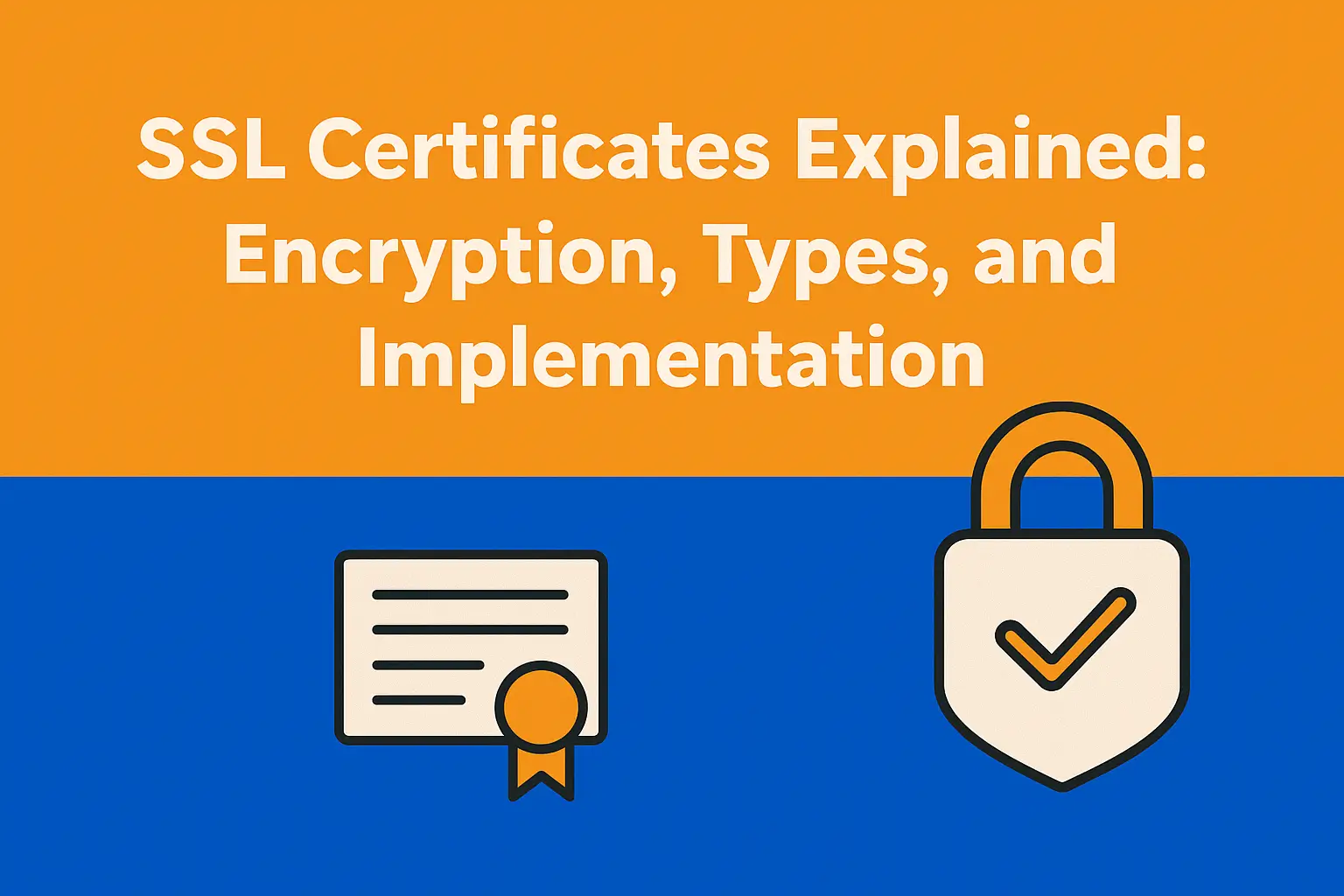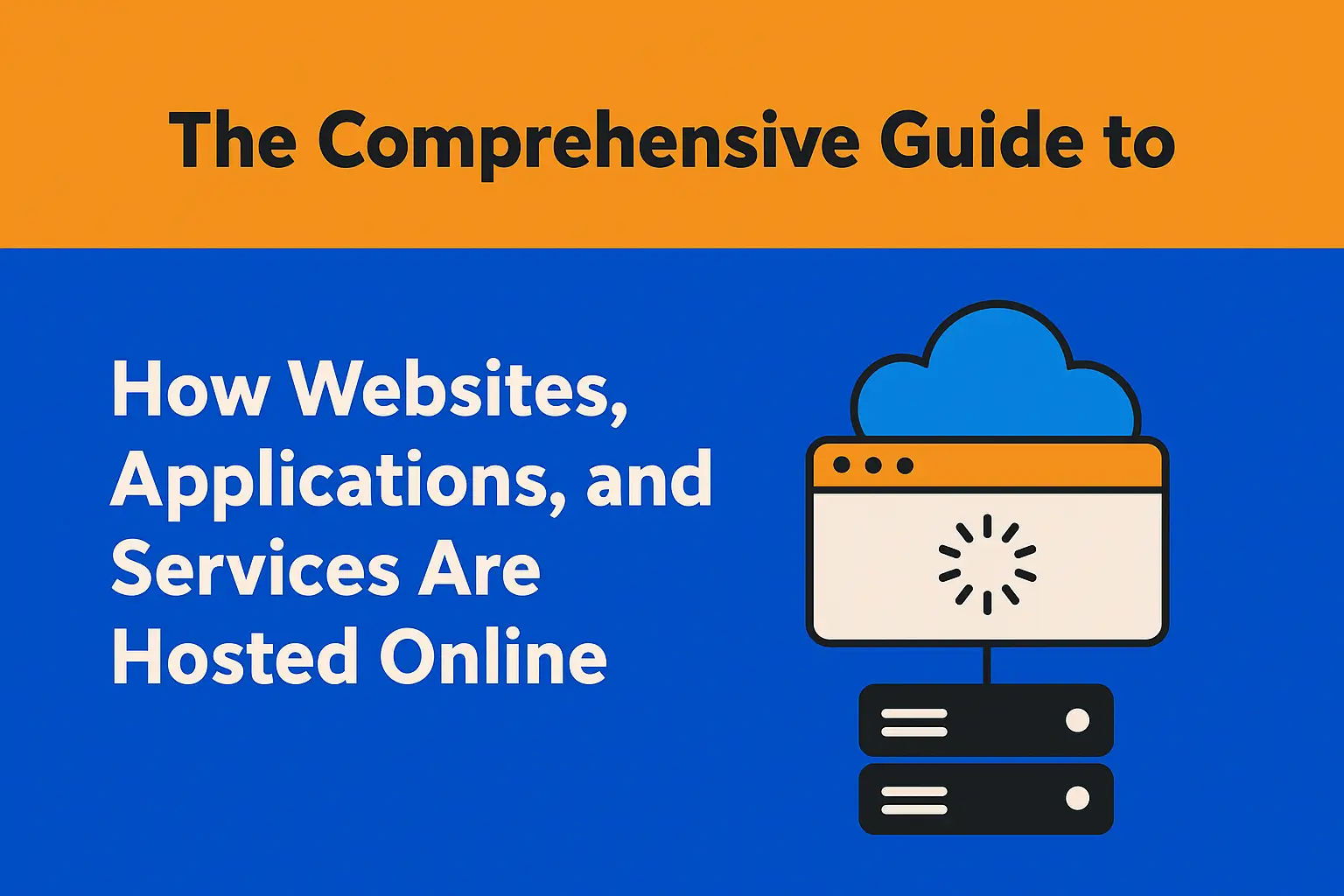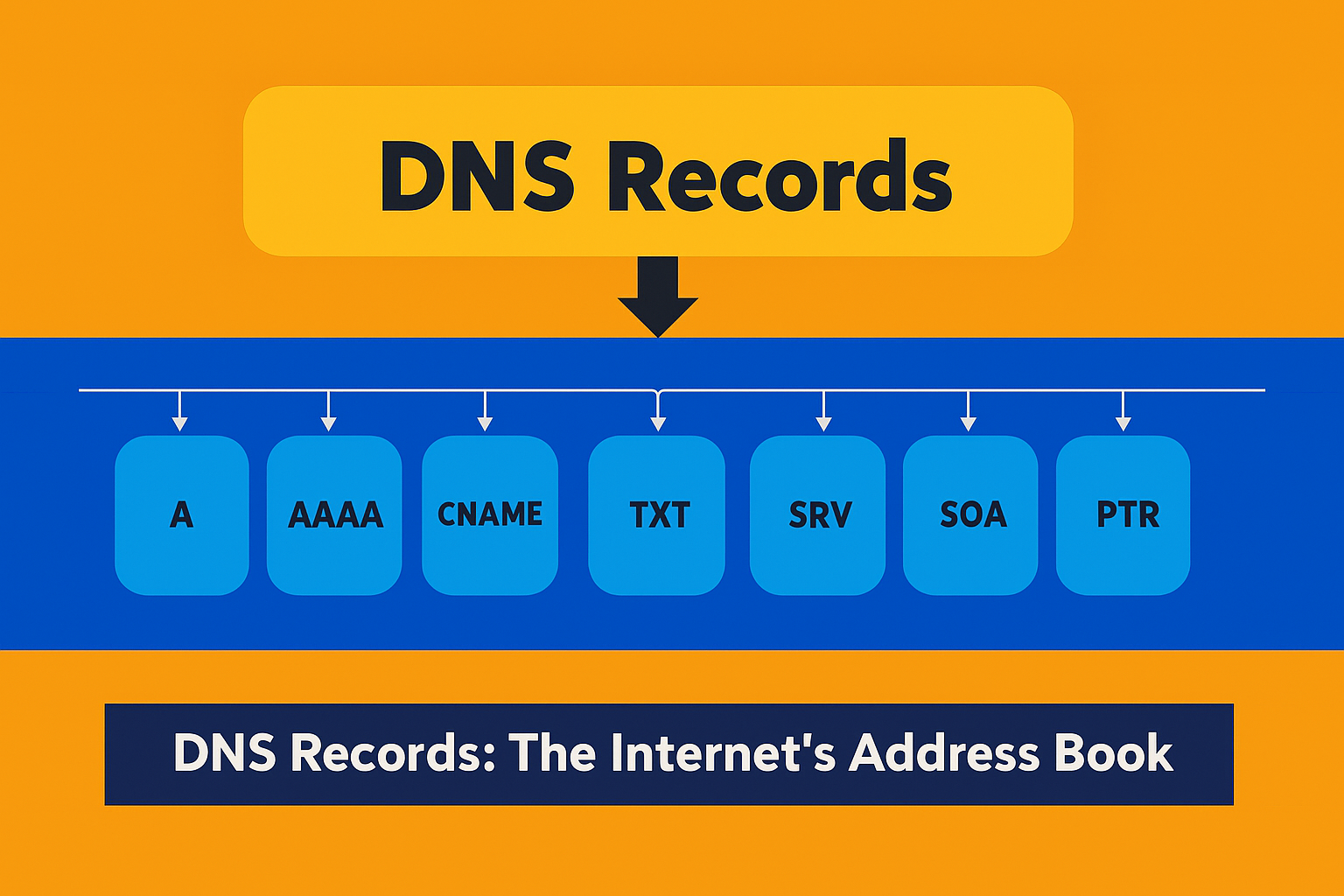
WordPress hosting is a specialized service designed specifically for WordPress websites. Unlike general web hosting, WordPress hosting optimizes the server settings and other relevant technologies to enhance the performance, security, and manageability of WordPress sites. The significance of WordPress hosting lies in its ability to foster a seamless and efficient online presence, which is a critical element for anyone running a website on this widely-used content management system.
Several key factors contribute to the overall quality of a WordPress hosting service. One of the most crucial is uptime, which represents the percentage of time that your website is operational and accessible to visitors. A high uptime rate, preferably 99.9% or above, ensures that your site remains available, preventing potential loss of traffic and revenue.
Another imperative factor is speed. The speed at which a website loads can significantly influence user experience and search engine rankings. Fast-loading pages are more likely to engage visitors, reduce bounce rates, and improve overall user satisfaction. High-performance WordPress hosting incorporates server-side caching, content delivery networks (CDNs), and other enhancements to ensure swift loading times.
Security is equally paramount when selecting a WordPress hosting provider. With cyber threats growing more sophisticated, a robust security framework that includes malware scanning, automatic updates, and SSL certificates is essential. These measures protect both your website and your users’ data from potential breaches.
Customer support is another vital consideration. Reliable and accessible customer support can make a significant difference, particularly when you encounter technical issues. An ideal WordPress hosting provider offers 24/7 support through multiple channels like live chat, email, and phone, helping you resolve problems swiftly and minimize downtime.
Pricing is also an essential factor to assess. While it’s crucial to avoid overly cheap services that may compromise quality, finding a cost-effective solution that meets your needs is equally important. Many WordPress hosting providers offer tiered plans that cater to diverse requirements and budgets.In the following sections, we will delve deeper into the leading WordPress hosting providers, examining their strengths and weaknesses across these critical factors to help you make an informed decision.
Shared Hosting: Affordable Options for Beginners
Shared hosting is a type of web hosting where multiple websites share the same server and its resources, making it a popular and cost-effective choice for beginners and small websites. This type of hosting is particularly attractive for individuals and small businesses who are looking to establish their online presence without significant upfront costs. The affordability and ease of use are key benefits, often accompanied by intuitive control panels and one-click installations for popular platforms like WordPress.
However, shared hosting does come with certain limitations. Given that server resources are distributed among multiple users, performance can be slower compared to other hosting types. High traffic on one website can impact the performance of others on the same server. Moreover, there are typically limitations on resources such as storage space, bandwidth, and email accounts. For those planning to run resource-intensive websites or anticipate high traffic, these constraints might eventually necessitate an upgrade to a more robust hosting plan.
Among the myriad of shared hosting providers, a few stand out for their reliability, performance, and customer support. Bluehost is widely recommended, particularly by WordPress itself, for its competitive pricing, free domain for the first year, and 24/7 customer support. Their introductory pricing starts at $2.95 per month, making it an excellent choice for newcomers.
SiteGround offers shared hosting that emphasizes speed and security. Their plans start at $3.99 per month, and they provide robust customer support alongside daily backups and free SSL certificates. It’s an appealing option for those who foresee scaling their website in the future.
InMotion Hosting rounds out the top recommendations with shared hosting plans starting at $2.49 per month. Known for their high uptime and robust customer service, they include a free SSL certificate, free domain, and unlimited bandwidth, making it a value-rich choice for beginners.
In essence, while shared hosting is an excellent starting point, assessing your website’s growth trajectory is crucial to ensure your hosting can evolve along with your needs.
Managed WordPress Hosting: Hassle-Free Service
Managed WordPress hosting represents a turnkey solution for individuals and businesses seeking a streamlined, hands-free approach to web hosting. This type of service is tailored for those who value convenience and prefer to avoid the complexities of server management. It allows users to focus purely on their content and growth instead of backend maintenance.
The primary appeal of managed WordPress hosting lies in its comprehensive, user-friendly features. One pivotal advantage is automatic updates, which ensure your WordPress core, themes, and plugins are always up-to-date. This minimizes potential vulnerabilities arising from outdated components. Security is another significant benefit. Managed hosting providers employ advanced security protocols, including malware scanning, DDoS protection, and firewalls, thereby offering enhanced security measures to safeguard your site against cyber threats.
Performance is a critical factor for every website owner, and managed WordPress hosting excels in this domain by delivering superior speed and reliability. This is typically achieved through optimized server configurations, built-in caching, and content delivery networks (CDNs). These features collectively reduce page load times and enhance user experience, which is especially crucial for e-commerce websites and high-traffic blogs.
Renowned managed WordPress hosting providers like WP Engine, Kinsta, and Flywheel have established themselves as industry leaders. WP Engine offers extensive flexibility, with robust development tools and exceptional customer support. Kinsta stands out for its use of Google Cloud Platform, providing high-performance hosting and real-time server monitoring. Flywheel differentiates itself with an intuitive, user-friendly dashboard, making it particularly appealing to freelancers and agencies managing multiple sites.
Each of these providers offers unique features tailored to various user needs, making managed WordPress hosting an ideal choice for anyone looking to eliminate the technical burdens of web hosting. Whether you are a seasoned professional or a newcomer to the digital realm, investing in a managed WordPress hosting plan can significantly enhance your site’s performance, security, and overall user experience.
VPS Hosting: Enhanced Performance and Control
Virtual Private Server (VPS) hosting bridges the gap between shared and dedicated hosting by offering enhanced performance and greater control to website owners. Unlike shared hosting, where multiple websites share a single server’s resources, VPS hosting partitions a single physical server into multiple virtual servers, each functioning independently. This segregation ensures that the performance of one website does not impact another, thus providing a stable and reliable environment. VPS hosting is particularly suitable for medium to large websites that require increased server resources, customization, and advanced technical control without the high costs associated with dedicated hosting.
VPS hosting offers several distinct advantages. It provides users with root access to the server, allowing for extensive customization and installation of preferred software and applications. The scalability feature ensures that you can easily adjust resources such as CPU, RAM, and disk space according to the website’s evolving needs. Additionally, VPS hosting includes dedicated IP addresses, which enhance the site’s SEO performance and security.
Among the leading VPS hosting providers, DigitalOcean, Linode, and Vultr stand out for their robust services and flexibility. DigitalOcean is renowned for its user-friendly interface and straightforward pricing, making it an excellent choice for developers and startups. The platform offers a range of droplet plans with varying amounts of RAM, CPU, and storage, ensuring a tailored fit for different project needs.
Linode, on the other hand, is notable for its high-performance SSD-based servers. It provides an extensive range of plans, developer-friendly features, and a powerful API that allows for deeper customization. Linode’s comprehensive customer support and educational resources make it a long-standing favorite among developers.
Vultr emphasizes superior global network performance with a presence across multiple data centers worldwide. Its hourly billing model is particularly appealing for projects that require flexibility and dynamic scaling. Vultr’s high-performance compute instances and block storage options make it a preferred choice for businesses seeking scalable and reliable hosting solutions.
The choice between DigitalOcean, Linode, and Vultr depends on specific requirements such as budget, scalability needs, and technical expertise. Each presents unique features, efficient performance, and competitive pricing, making them top recommendations for anyone considering a VPS hosting service.
Dedicated Hosting: Ultimate Performance and Security
Dedicated hosting stands as a premier solution in the realm of web hosting by offering unrivaled performance and security. In this type of hosting, an entire server’s resources are allocated to a single user, ensuring maximum efficiency and control. This exclusive allocation translates into enhanced processing power, optimal website speed, and heightened security levels, making it an ideal choice for very large websites with substantial traffic and critical data needs.
One of the primary advantages of dedicated hosting is its capability to handle high traffic volumes effortlessly. Websites that experience significant visitor numbers can greatly benefit from the dedicated resources, as there are no other users to compete with for bandwidth or processing power. This guarantees consistent performance, even during peak traffic periods. Additionally, the complete control over server settings provides users with the flexibility to customize and optimize their environment according to their specific requirements.
Security is another key advantage of dedicated hosting. Since the server is not shared, the security risks associated with multi-tenant environments, such as cross-site contamination, are eliminated. Users have the ability to implement stringent security measures tailored to their needs, including advanced firewalls, secure access protocols, and regular monitoring. This substantial control makes dedicated hosting the top choice for websites that handle sensitive information or require a higher level of data protection.
Among the top dedicated hosting providers, Liquid Web, Bluehost, and HostGator stand out due to their exceptional service offerings and competitive pricing. Liquid Web is renowned for its high-performance dedicated servers, featuring robust security options and 24/7 customer support. Bluehost offers a range of dedicated hosting plans that strike a balance between performance and cost, making it an excellent option for those seeking reliability without breaking the bank. HostGator, on the other hand, is well-regarded for its flexibility and scalability, providing businesses with the ability to upgrade resources as necessary.
In conclusion, dedicated hosting offers unparalleled advantages in terms of performance, security, and control, making it the optimal solution for large-scale websites with considerable traffic and critical data requirements. Exploring options from providers like Liquid Web, Bluehost, and HostGator can lead to significant benefits and a more robust online presence.
Cloud Hosting: Scalable Solutions for Growing Sites
Cloud hosting has emerged as a robust solution for websites experiencing growth or unpredictable traffic patterns. Its core strengths lie in scalability, flexibility, and the ability to manage traffic surges efficiently. Unlike traditional hosting, which relies on a single server, cloud hosting employs a network of interconnected servers. This distributed nature allows resources to be allocated dynamically, ensuring consistent performance and uptime, even during peak traffic periods.
The operational mechanics of cloud hosting involve distributing website data across multiple servers to balance the load and minimize downtime. This setup not only offers high availability but also provides a scalable environment where additional resources can be seamlessly integrated. This is particularly beneficial for e-commerce sites, entertainment platforms, and high-traffic blogs that cannot afford latency or downtime.
Leading the pack of cloud hosting providers are Amazon Web Services (AWS), Google Cloud Platform (GCP), and Microsoft Azure. Each offers a distinct set of features catering to diverse hosting needs.
Amazon Web Services (AWS) is known for its extensive suite of services, including storage, databases, and analytics. AWS’s pay-as-you-go pricing model ensures you only pay for what you use, making it a cost-effective option for businesses of all sizes. It also provides high scalability, allowing users to adjust resources in real-time.
Google Cloud Platform (GCP) stands out with its powerful machine learning capabilities and seamless integration with other Google services. GCP offers competitive pricing through sustained-use discounts and flexible contracts, which can be beneficial for cost management. Additionally, GCP’s infrastructure is designed for high performance, providing rapid response times and exceptional uptime.
Microsoft Azure is favored for its hybrid solutions, enabling seamless connectivity between on-premises servers and cloud environments. Azure’s pricing is versatile, with options for reserved instances and pay-as-you-go plans. It also boasts robust security features and compliance certifications, making it ideal for enterprises with stringent regulatory requirements.
In summary, cloud hosting provides a scalable and reliable solution for fast-growing websites. With giants like AWS, GCP, and Microsoft Azure offering diverse features and pricing models, businesses have ample choice to tailor their hosting environment to meet their specific needs.
E-commerce Hosting: Ensuring Smooth Online Sales
E-commerce websites operate in a demanding environment where uptime, secure transactions, and fast loading times are critical. The foundation of a successful online store lies in selecting a reliable e-commerce hosting provider that meets these specific needs, ensuring that the website remains operational, secure, and performs efficiently. This section delves into these key requirements and recommends top hosting providers that cater specifically to e-commerce businesses.
High uptime is indispensable for e-commerce websites as downtimes can lead to significant revenue losses and tarnish customer trust. Reliable hosting providers assure over 99.9% uptime, minimizing the risk of potential downtime that can disrupt sales operations. Additionally, secure transactions are imperative to protect sensitive customer data and instill confidence. Providers offering advanced security features, such as SSL certificates, DDoS protection, and regular security updates, play a crucial role in safeguarding online storefronts.
Fast loading times are equally essential, as they directly impact user experience and conversion rates. Hosting providers equipped with speed-enhancing technologies such as SSD storage, CDN integration, and optimized server configurations can drastically reduce page load times, resulting in a seamless shopping experience for users. Search engines also favor fast websites, thereby improving the site’s SEO ranking and driving more organic traffic.
Leading names such as SiteGround, Bluehost, and A2 Hosting emerge as prime choices for e-commerce site owners, each offering specialized features catered to this sector. SiteGround is known for its robust security features and exceptional customer support, making it a favored choice for maintaining website safety and quick issue resolution. Bluehost, integrating seamlessly with WooCommerce, provides e-commerce tailored tools that simplify store management and scaling. A2 Hosting excels in speed and performance, with Turbo servers designed to offer up to 20x faster page loads.
By choosing a hosting provider that aligns with your e-commerce site’s unique requirements, you can ensure a stable, secure, and high-performing online presence. Each of these recommended hosting solutions offers a unique set of features tailored to meet the demands of modern e-commerce businesses, laying the groundwork for prosperous online sales.
Conclusion and Final Recommendations
In reviewing the top WordPress hosting providers, it becomes evident that choosing the right hosting option is critical to the success and performance of your website. Each hosting type offers distinct advantages tailored to different needs and scenarios. As discussed, shared hosting remains a popular choice for beginners and small businesses due to its affordability and simplicity. Shared hosting plans can provide an easy-to-manage entry point for those just starting their WordPress journey, ensuring that the initial cost remains low while gaining access to essential features and support.
For websites experiencing moderate to high traffic, or for those requiring more advanced performance capabilities, VPS (Virtual Private Server) hosting presents a compelling option. This type of hosting offers greater control, flexibility, and resource allocation compared to shared hosting, making it suitable for growing businesses and content-heavy blogs. If your website has outgrown the limitations of shared hosting, transitioning to VPS hosting can significantly improve loading times and overall site performance.
For high-traffic websites or enterprise-level projects, dedicated hosting is the gold standard, offering unparalleled performance, security, and customization options. While it comes at a premium price, the dedicated resources and advanced features justify the investment for sites with substantial needs. Large e-commerce websites, for instance, heavily benefit from the robust capabilities of dedicated hosting, ensuring that customer experiences remain seamless and uninterrupted.
Managed WordPress hosting, on the other hand, stands out for its optimized features specifically tailored for WordPress sites. These platforms often include automatic updates, enhanced security protocols, and superior technical support, ideal for users who prefer a hands-off approach while maintaining top-notch performance. It is particularly advantageous for bloggers, e-commerce store owners, and agencies that want to focus on content and business operations rather than managing server details.
Ultimately, the best WordPress hosting choice depends on your specific needs, goals, and budget. It is essential to carefully evaluate your website’s requirements, taking into consideration factors such as anticipated traffic, necessary features, and financial constraints. By doing so, you can make a well-informed decision that aligns with your online objectives, ensuring that your WordPress site achieves its full potential.





0 Comments